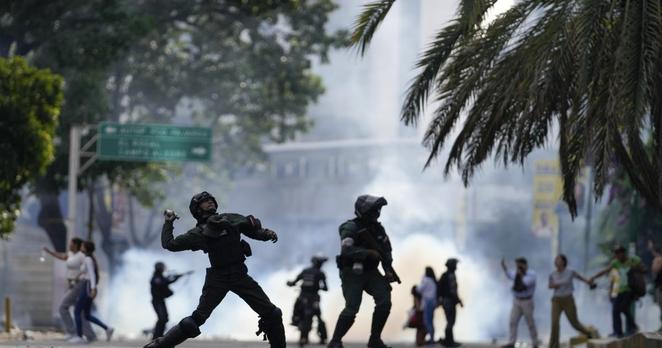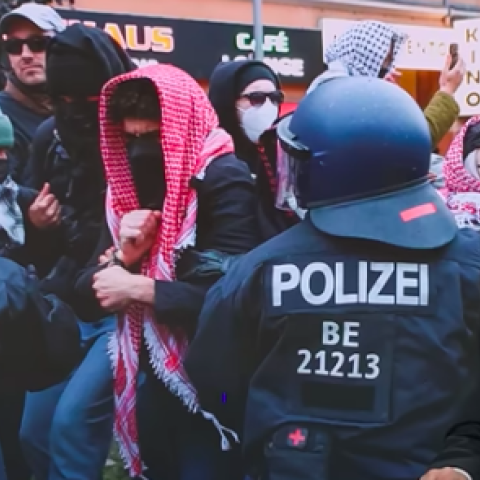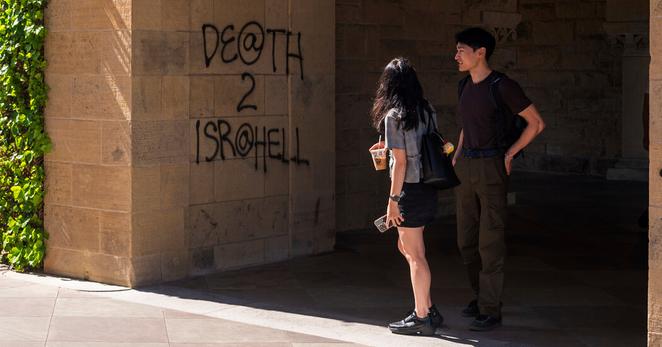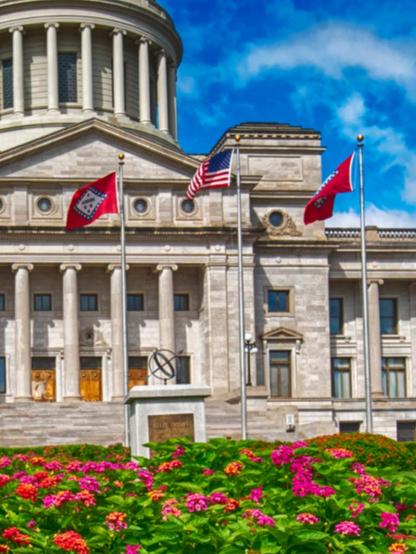From 2024: #HumanRightsWatch - #Venezuela: Brutal #Crackdown on #Protesters, Voters
Killings, #MassArrests Following Elections
(Bogota) – "Venezuelan authorities are committing widespread #HumanRights violations against #protesters, #bystanders, #opposition leaders, and critics following the July 28, 2024, presidential election, Human Rights Watch said today. Concerned governments should push for independent verification of the electoral results and support international efforts to ensure accountability.
"International observers have raised serious concerns about the July 29 announcement by Venezuela’s National Electoral Council (CNE) that #NicolásMaduro had been re-elected president. Following the announcement, thousands of protesters have taken to the streets, in largely peaceful protests, to demand a fair counting of the votes. Human Rights Watch has documented that Venezuelan authorities and #ProGovernment armed groups known as '#colectivos' have committed widespread abuses, including killings, arbitrary detention and prosecution, and harassment of critics. On September 2, a judge issued an arrest warrant against opposition candidate #EdmundoGonzález for '#conspiracy,' 'incitement to #disobedience' and other crimes.
" 'The repression we are seeing in Venezuela is shockingly brutal,' said Juanita Goebertus, Americas director at Human Rights Watch. 'Concerned governments need to take urgent steps to ensure that people are able to peacefully protest and that their vote is respected.'
"Venezuelans voted in the presidential election in large numbers, despite irregular government actions and human rights violations in the lead-up to the election, including arrests of opposition members, arbitrary disqualifications of opposition candidates, and restrictions on Venezuelans #voting abroad. Several hours after polls closed, Venezuela’s electoral council declared that Maduro had won the election with over 51 percent of the vote. The Electoral Council has not released the tally sheets from the election, nor conducted the audits and citizen verification processes required by law.
"The United Nations Electoral Technical Team and the #CarterCenter, which observed the elections, said the process lacked transparency and integrity, and questioned the declared result. They indicated that, instead, the precinct-level tally sheets that the opposition made public were reliable. The Carter Center noted that the tally sheets showed, with 81 percent of the votes counted, that #González had won the election by a significant margin.
"Venezuelans have taken to the streets across the country, particularly in low-income areas traditionally supportive of the Chavismo movement, where many incidents of #repression have taken place.
"Human Rights Watch received credible reports of 24 killings in the context of #protests from independent local groups, including Foro Penal, Justicia Encuentro y Perdón, Monitor de Víctimas, and Provea, or discovered them on social media. Human Rights Watch independently documented 11 of these cases, including by reviewing death certificates, verifying videos and photographs, and interviewing 20 people, including witnesses and other local sources. Many relatives, witnesses, and others were not willing to be interviewed because they feared #GovernmentRetaliation.
"Human Rights Watch analyzed and verified 39 videos and 2 photographs of protests found on social media platforms or sent directly to researchers by people close to the victims, and by local organizations and journalists.
"Researchers confirmed the exact locations where these videos were filmed; used information such as shadows, weather patterns, and upload dates to determine the time of day; and consulted with forensic pathologists and arms experts, who analyzed the injuries and weapons that were seen and heard.
"According to Venezuelan authorities, they arrested over 2,400 people in connection with protests. The local pro bono group #ForoPenal recorded over 1,580 '#PoliticalPrisoners' who have been arrested since July 29, including 114 children. Prosecutors have charged hundreds with sometimes broadly defined crimes carrying harsh sentences, such as '#incitement to hatred,' '#resistance to #authority,' and 'terrorism.'
"The government has also intensified its broader repressive tactics, cancelling passports of critics to prevent them from leaving the country, encouraging citizens to report on #demonstrators, and conducting abusive #raids, especially in low-income communities. On August 15, Maduro’s supporters in the National Assembly passed a law that grants the government #BroadPowers to control and shut down nongovernmental organizations [#NGOs]."
Read more:
https://www.hrw.org/news/2024/09/04/venezuela-brutal-crackdown-protesters-voters









